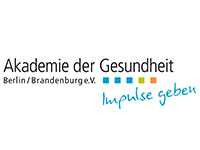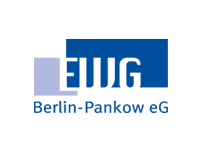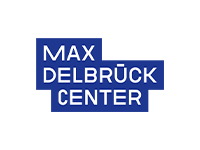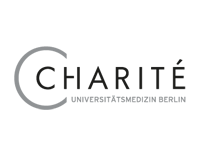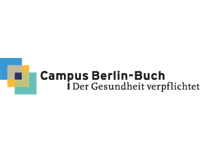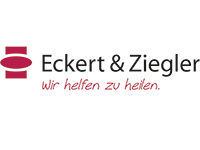Your selection
Research, Education / 30.11.2023
What do scientists actually do in the lab?
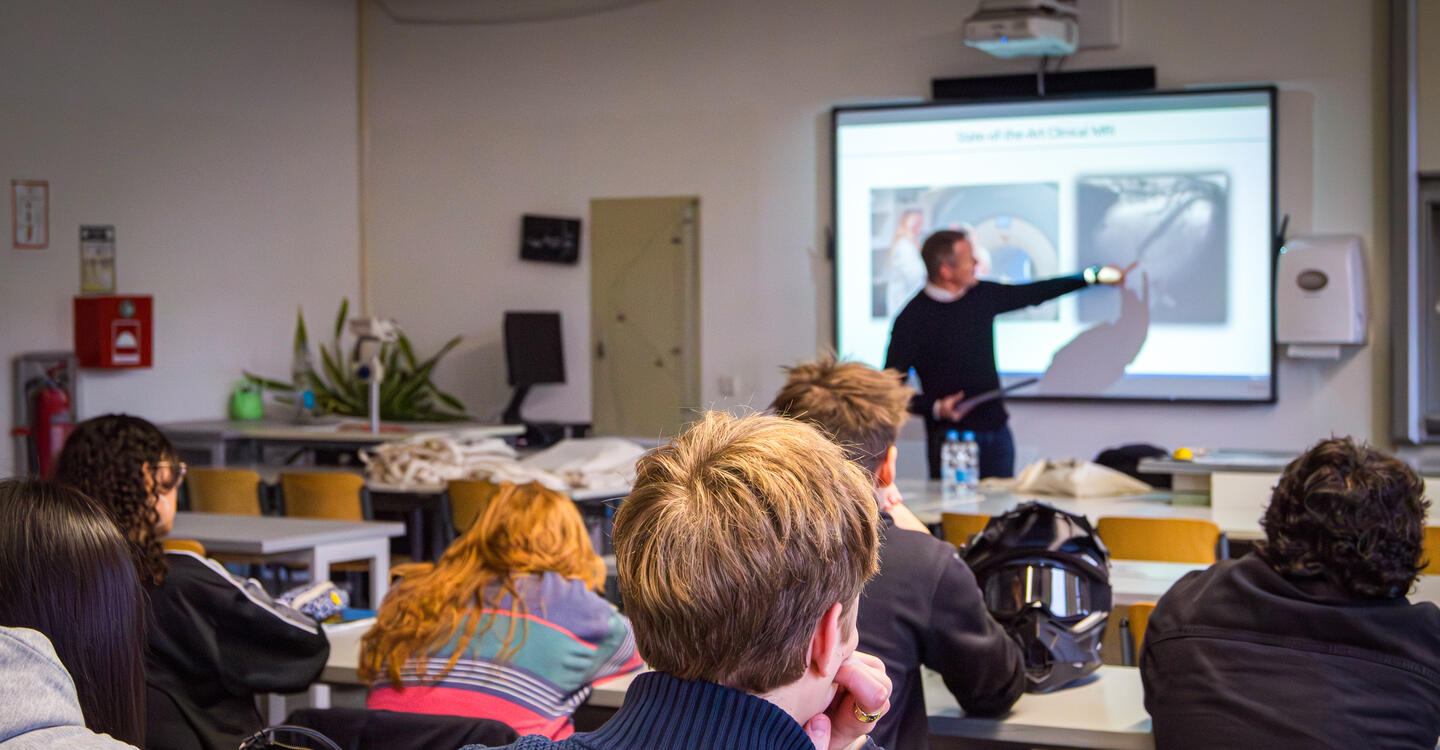
Grizzly bears in hibernation or a pineapple in an MRI scanner – at the “Science Day” at the “Robert Havemann” high school in Berlin-Karow, researchers from the Max Delbrück Center presented students of grades 11 and 12 unusual facets of their research.
Marine, sports journalist or engineer – some students know exactly what they want to do after graduating from high school. Others still find it difficult to choose a career or field of study. To give them an insight into the world of science, researchers presented their career paths and work at the Robert Havemann high school at the end of November. Professor Thoralf Niendorf, head of the “Experimental Ultrahigh-Field MR” lab at the Max Delbrück Center, and Professor Michael Gotthardt, head of the “Translational Cardiology and Functional Genomics” lab, also participated.
Google Maps for health – only better” is how Thoralf Niendorf describes what modern imaging techniques can do for our health. A map of our body that integrates information from the anatomical to the molecular level. This data allows for conclusions regarding blood flow or metabolic processes in tissue, for example, and not only improves diagnostics, but also enables predictions about the health of the person being examined. Niendorf and his team aim to improve magnetic resonance technology and the analysis of complex data using artificial intelligence.
For testing purposes, they like to put unusual objects in the MRI scanner – such as a pineapple. But the researcher has also brought actual case studies on the heart, brain and eye and encourages the students to guess what they can see. They are fascinated by the sometimes moving images and have lots of questions. “We would like to inspire curiosity and provide information about the wide range of career opportunities in science,” says Thoralf Niendorf. Engineers, technical assistants, programmers, an efficient administration – cutting-edge research needs bright minds with different talents.
Finding reliable information
Down the hall, Michael Gotthardt shares with the students what his team is doing in the lab. The long-time mentor for young scientists analyzes cardiovascular and muscle diseases. He also works with unusual model organisms – pythons that can enlarge their hearts for a short time after devouring their prey, or grizzly bears that hardly lose any muscle mass despite hibernating for months. “If we understand which molecular processes grant these animals their characteristics, we could use the findings to improve human health,” he says.
The students are intrigued, want to know what day-to-day work in biomedical research looks like and how to become a professor. Gotthardt answers patiently and gives advice. Above all, he is interested in addressing the big questions: How does the scientific process work? How is a new drug developed? How do students find reliable information to make decisions about their own health? He wants to leave them with something that illustrates the importance of science for their own lives – as a career opportunity and beyond.
Text: Marie Burns
Overview News
News Buch Berlin
Towards understanding tumors in 3D
Researchers in Nikolaus Rajewsky’s lab at Max Delbrück Center combined high-resolution, single-cell spatial technologies to map a tumor’s cellular neighborhoods in 3D and identify potential targets fo...
more ...Max Delbrück Center to host Helmholtz Drug Discovery meeting
Top scientists and companies will meet in Berlin-Buch for the 2025 Helmholtz Drug Discovery Conference from April 28-30 to discuss RNA drugs, PROTACs, AI in drug discovery, and chemoproteomics and to ...
more ...Eckert & Ziegler Signs Contract Manufacturing Agreement for Yttrium-90-based PentixaTher with Pentixapharm
Eckert & Ziegler Radiopharma GmbH (EZR), a 100% subsidiary of Eckert & Ziegler SE, today announced the signing of a manufacturing agreement with Pentixapharm, a clinical-stage biopharmaceutical compan...
more ...Events Buch Berlin
10.05.2025, 12:00
Alles neu im Pankepark – Willkommen zum Baustellenfest!
Von Calisthenics-Anlage bis Boule-Fläche: Erfahren Sie in einer Outdoor-Ausstellung, was im Panke-Park entstehen soll. Außerdem gibt es sportliche Aktionen.
more ...10.05.2025, 14:00
Frühlingsfest im Ludwig Hoffmann Quartier
Mit Musik, Kulinarik und Spielangeboten sowie der Möglichkeit, sich mit Ständen und Aktionen zu beteiligen.
more ...10.05.2025, 19:30
Kultur im Trichter: “Sei gegrüßt und lebe!” – Lesung
Claudia Maria Franck und Rike Eckermann lesen aus einem Briefwechsel zwischen Brigitte Reimann und Christa Wolf
more ...